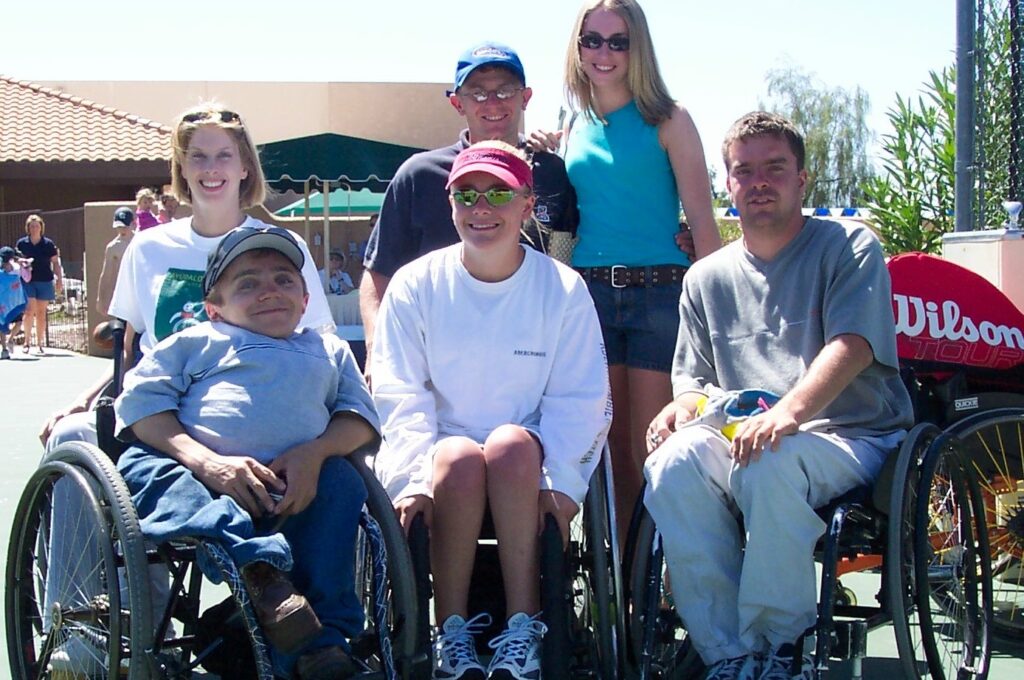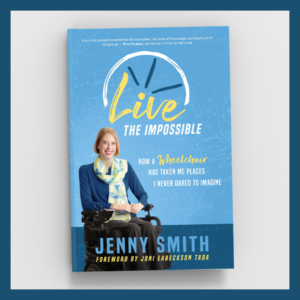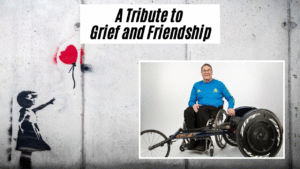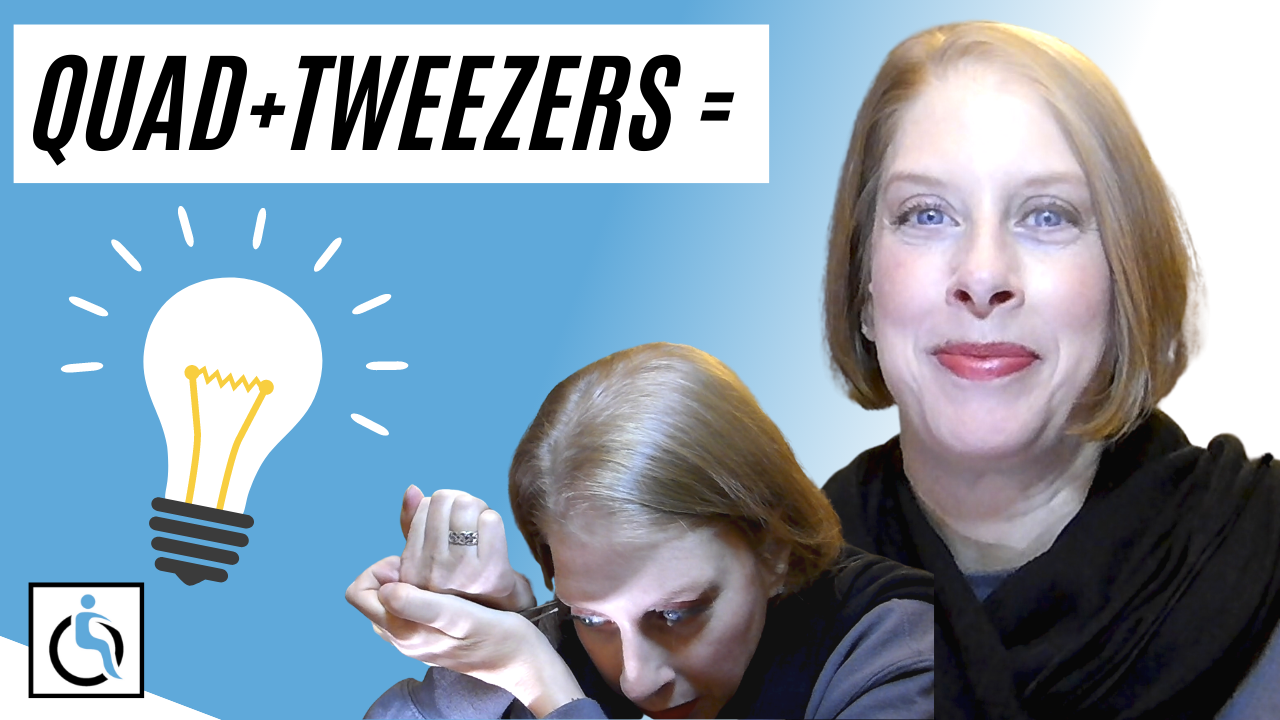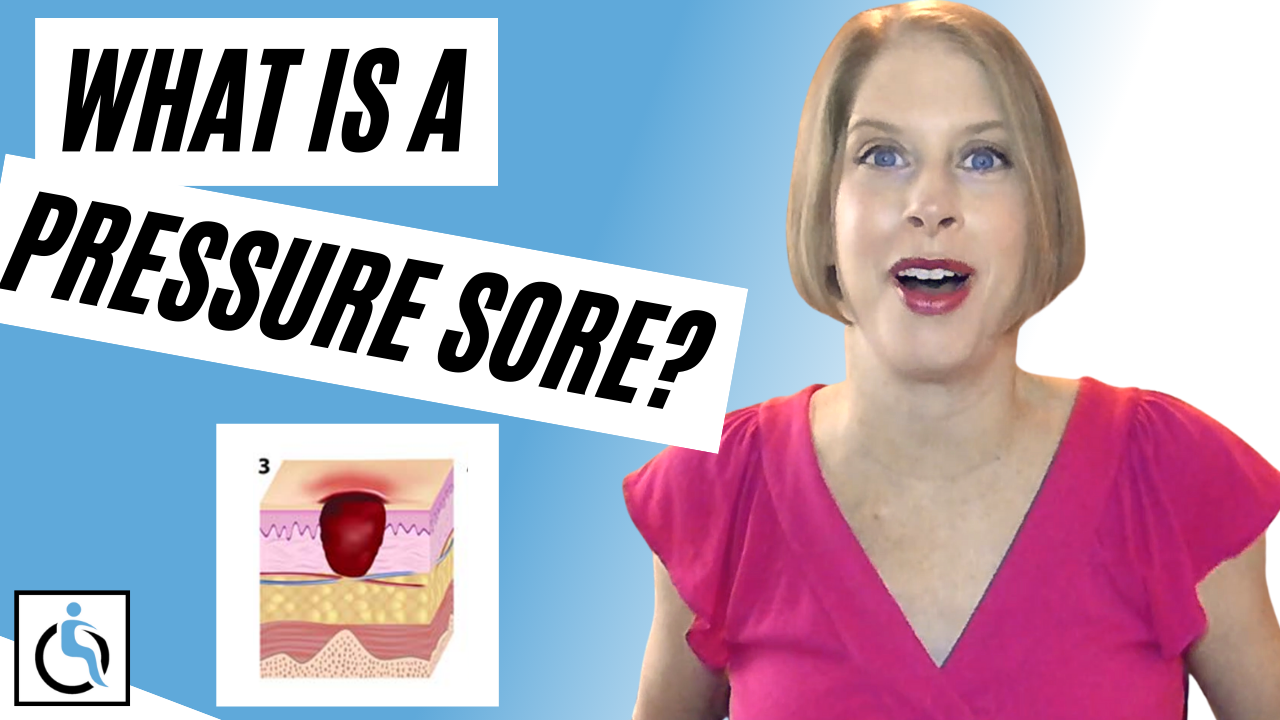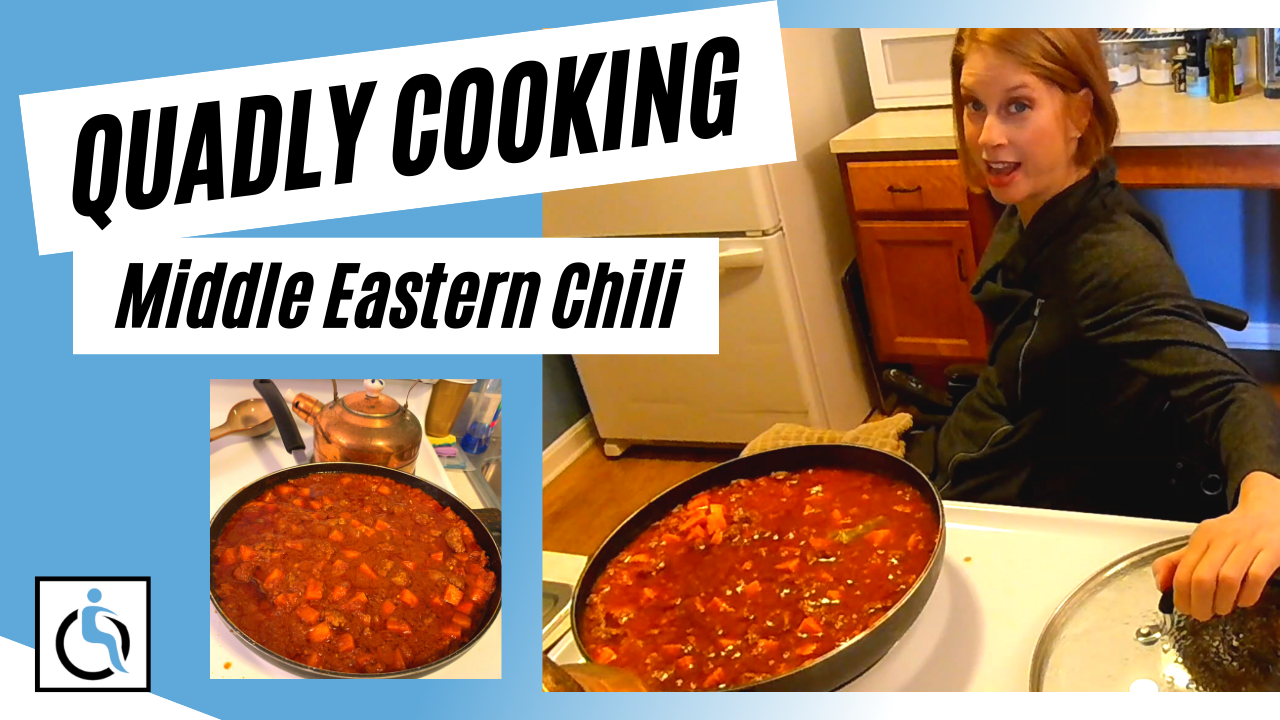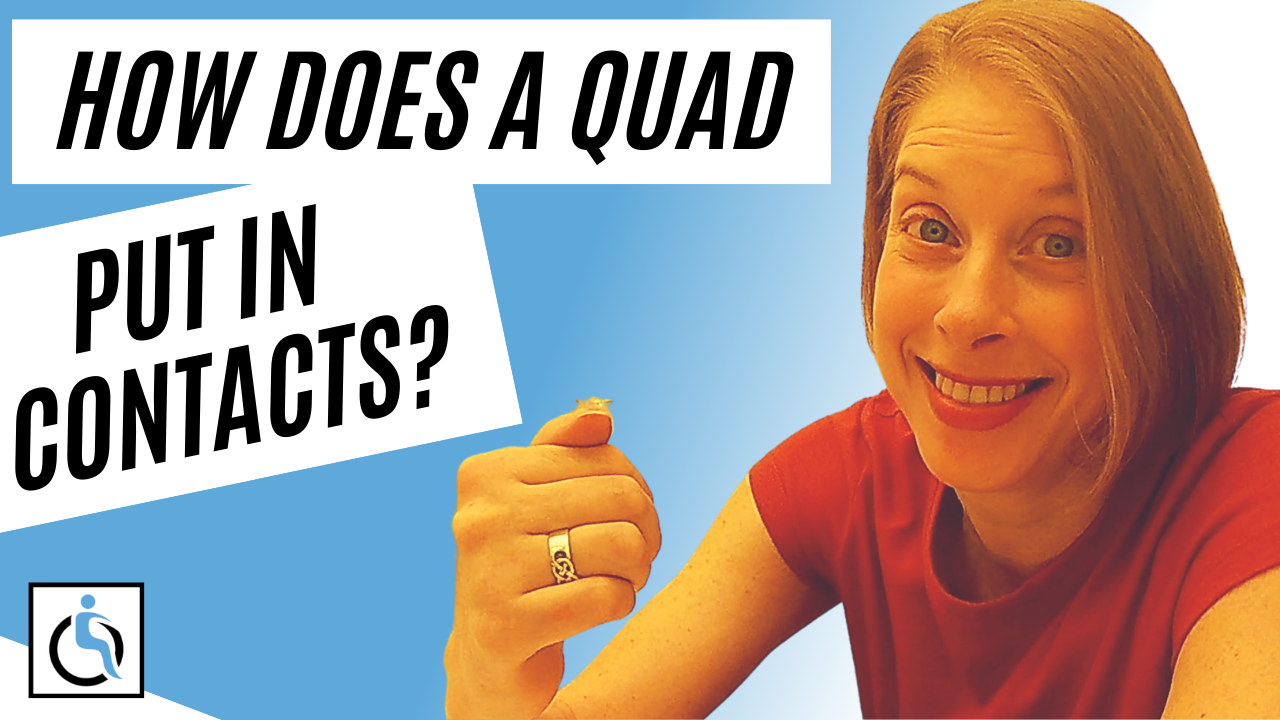I’m not one to get weepy very often, but between the death of my aunt and two men from my circle of friends with spinal cord injuries, 11 weeks of isolation, the current racial tensions ravaging our nation, as well as an increased workload, I feel frail and broken. But how can I express my grief?
How can I grieve my losses?
A friend sent me a well-timed video from Dr. John Townsend called Grief is a Matter of Honor. What is written below is an overview of what he says about grief.
Grief honors and values a person
Dr. Townsend explains that grief gives honor to a person who was significant to us. To not grieve is to deny the person’s importance.
I can cry happy tears while remembering my aunt’s ability of telling long-winded family stories (or any story, if we’re being honest). I’ll deeply miss conversations with Mark about aging with a spinal cord injury and living with faith through the tough times. I’ll never forget Brad’s role in showing me how to live independently and giving me a congratulatory fist-bump the morning following the first time I did my nighttime routine by myself.
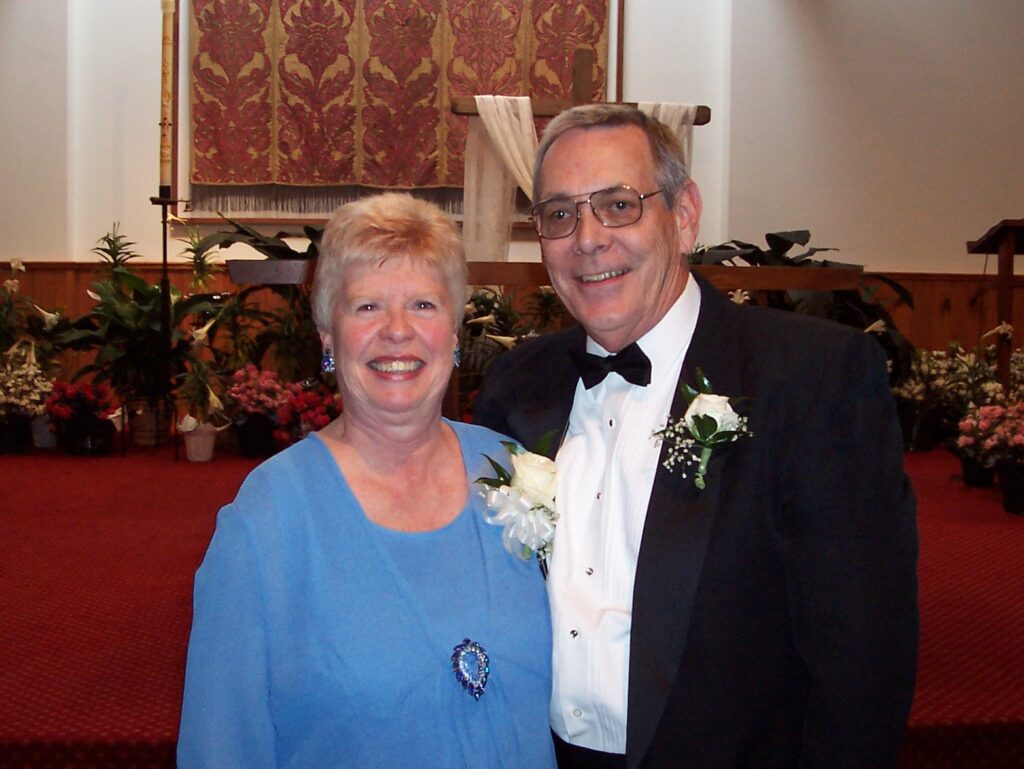
Grief shows that I cared for and valued each of these people, albeit in different ways.
To not grieve is saying that the person was not important to me. It may feel easier to shove aside the sadness and heartbreak, but it denies the importance of those people in my life.
And if I can’t grieve losses, how shallow of a life must I live? Grief is a part of truly living and caring.
Share your grief
“Tears are a great gift,” Dr. Townsend says. A gift always has a cost to the giver. For me, tears are giving up the appearance of looking strong. Being the one who receives support rather than the one who gives.
For a few moments, I was able to share my grief with others who knew Mark. Tears over the phone with Caroline. Hearing Mike curse when I related the news of Mark’s death. Grief looks different for each us. But we were able to share in a moment of grief. There is comfort in grieving together.

And it hasn’t been just a one-time occurrence.
No shame
There is no shame in grief. At least, there shouldn’t be.
When we “outlaw grief” – as my friend Jonathan calls it – by shoving grief away in a dark corner or gloss it over with feel-good sayings and Bible verses, we minimize the pain. Moving on – at some point – is part of the grieving process. But we need to move through grief – not skip over it or sidestep it.
When we avoid grief, we only bottle it up. It can become a powder keg of anger or a deep pit of depression. If grief turns into depression that doesn’t go away, it may be that we never really allowed ourselves to grieve.
It’s not just people
We must also grieve things. The loss of independence after an injury. A broken marriage. Missed graduations and birthdays and long-anticipated vacations due to a pandemic.
I miss my family and friends. I’m tired of nonstop Zoom meetings. I’m exhausted. And you know what? That’s okay. Is it any surprise that so many of us have been more emotional lately?
So let’s not push the grief and sadness to the side. I may not willingly embrace it. But I do want to acknowledge it. I want to recognize the value and importance of the people in my life.
I believe they deserve it.
